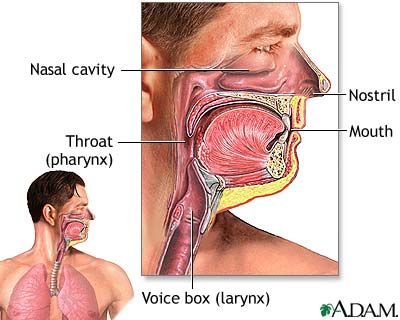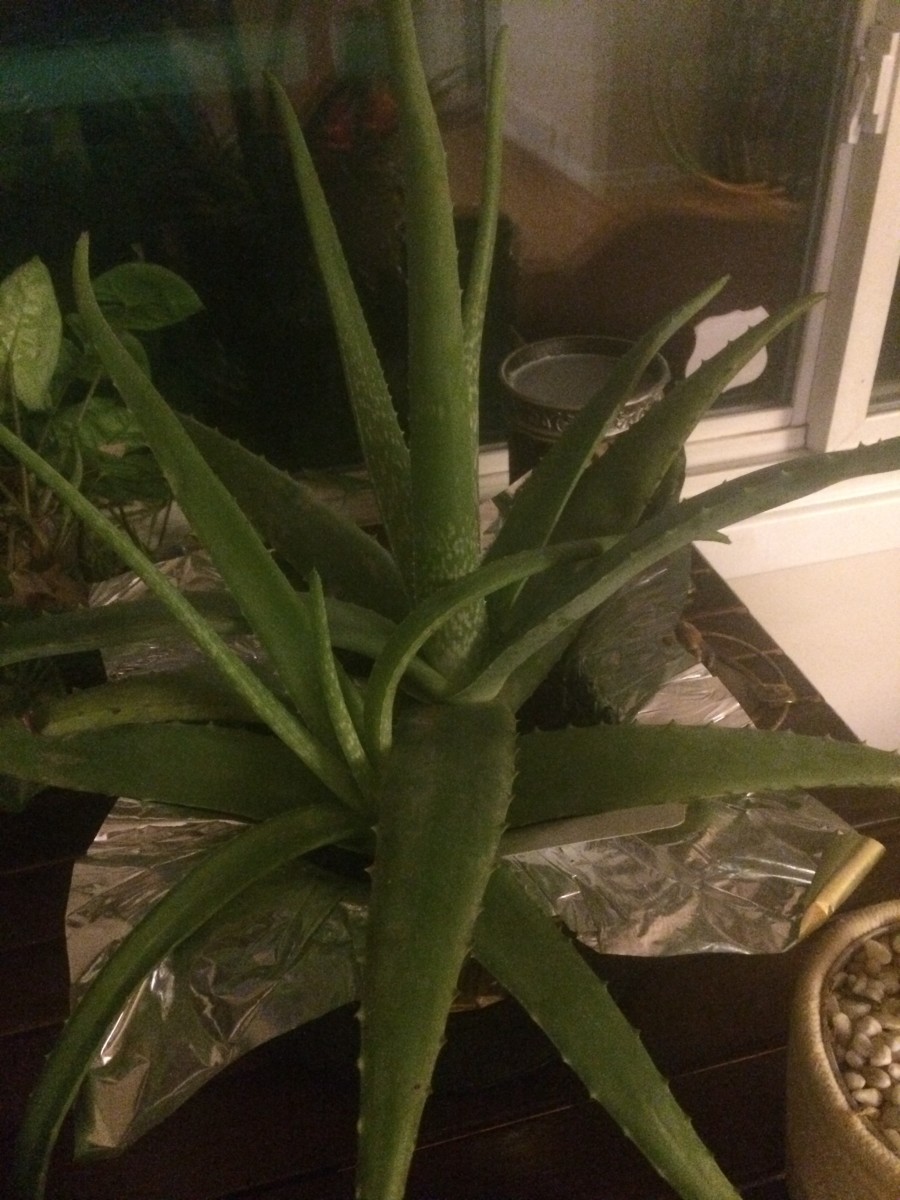Essential Oils To Help Cure Respiratory Problems


Respiratory Problems
Respiratory ailments are common health problems suffered by children and adults alike. Even the slightest disturbance in your nasal passages and respiratory system can bring about a wide range of respiratory conditions.
Essential oils have been discovered to have effective healing properties against these health problems. But with the variety of respiratory ailments, it is important to identify which types of essential oils are effective in combating specific type of respiratory conditions.

Curing Colds
The objective of using essential oils for curing common colds is to fight off microbes causing the disease and to boost your immune system to defend your body against these harmful antibodies. Eucalyptus (eucalyptus globulus) is one of the highly recommended types of essential oil since its active ingredient euclyptol or cineol loosens the mucus present in your throat, thus making it easier to clear the mucus off your nasal passages. It also contains antibacterial elements to prevent future cases of colds.
To cure colds, eucalyptus essential oils can be applied using a variety of methods:
*Inhalant: Add a few drops of Eucalyptus essential oil in a cup of boiled water. Dip a towel into the essential oil solution and place the towel on top of your head. Keep it in place for at least 5 minutes so you can thoroughly inhale the aroma. For more effective results, perform this 2-3 times a day.
*Rub: Combined a few drops of Eucalyptus oil with peppermint oil and Bay Laurel. Then, rub the solution in your back, chest, or neck.
*Bath: Prepare a hot water bath and add about 10 drops of the Eucalyptus essential oil. Soak your body for at least 10 minutes to experience its therapeutic effect. If possible, do this before going to bed.
Asthma
This is another common type of respiratory ailment, which can be lethal if the patient have difficulty breathing. This condition is often recurring and range from mild to life-threatening. Aromatherapy and the use of essential oils is one of the best methods in providing quick relief, especially when the patient start to have difficulty breathing.
Inhalants are one of the most common reliever for asthma problems and there are lots of possible choices of essential oil to use. It includes lavender, chamomile, atlas cedarwood, geranium, pine, eucalyptus, and frankincense. Here is an example of recipe to create your own homemade inhalant for asthma:
- Combine the following essential oils: 6 drops of lavender oil, 4 drops of geranium oil, 1 drop each for marjoram and peppermint oil, and an ounce of vegetable oil.
- Once all ingredients are fully combined, rub the solution against the asthmatic patient's chest before bedtime.
- Make sure to perform a sniff test before using the inhalant to ensure that no adverse reactions are suffered by the patient.
Chest Congestion
When inflicted with a cold and flu virus, you often feel tightness in your chest that makes breathing difficult. Hence, you feel extreme amount of pain on your chest when coughing or sneezing. Since it is the same virus that cause them, Eucalyptus essential oil is also effective in treating chest congestion as with common cold. Other essential oil options include peppermint, lavender and pine essential oils.
To provide quick relief from chest congestion, combine your chosen type of essential oil with steam. The presence of steam will loosen up any clogged areas of your nasal or bronchial passage to soothe your respiratory system. You can also create an inhalation using a bowl of water combined with your chosen essential oil. Then, lean over the bowl for 5 minutes or more. Make sure to breathe deeply to ensure that the aroma from the essential oil is able to penetrate deeply into the affected respiratory passages.

Pneumonia
This type of respiratory ailment is serious and can be life-threatening at worst. Hence, health experts have furthered their research efforts at finding the most effective cure for this respiratory disease. Lab results show that thyme, oregano, and rosewood essential oils contain properties that destroy pneumonia-causing bacteria.
Steam treatment is one of the most common methods used in treating pneumonia with essential oils. For an effective vapor steam, make sure it has 2 percent dilution. The moist air and use of steam enables the aroma of essential oils to reach the nasal passages.
Boil about a pan of water and wait for it to cool for a minute. Then, add at least 3 drops of your chosen essential oil. Using a towel to corral the steam, make sure to breathe as much of the essential oil as you can into your respiratory system.
Bronchitis
There are quite a lot of essential oil choices for bronchitis relief. This condition is more serious than a cough, with the latter being one of the symptoms of bronchitis. Most treatment involve the use of antibiotics, but you can enhance the healing benefits with the following essential oils: fir, eucalyptus, lavender, myrtle, pine, hyssop, and spruce.
To relieve yourself of bronchitis that lead to chest infection, you can create either a chest rub or inhalation using the essential oils listed above. For inhalations, do the procedure twice daily. The same frequency also applies for using a chest rub, using about half a teaspoon of the essential oil solution, to be applied once during the morning and another at night.

Sinus Infections
Runny nose and sinus infections are not only painful but they can be extremely inconvenient. Indeed, it gets in the way of your everyday activities, which makes it all the more important to find an effective and immediate cure.
There are three types of essential oils most recommended for treating sinus infections: tea tree oil, eucalyptus, and peppermint. You can combine all these essential oil types to create an inhalation and immediately soothe your nasal passages. In cases of runny nose, get yourself a cypress essential oil and create an inhalant using this for immediate relief.
Sore Throat
This is one of the first few respiratory problems that utilized essential oils as remedy. You can easily create a homemade gargle using the healing properties of some essential oils such as thyme or marjoram. You can mix it with a sweetened honey for a more preferable taste and gargle to provide relief for your laryngitis. For severe cases of sore throat, you can gargle every 30 minutes and provide a soothing effect.
Prevention Methods
No matter how effective your chosen treatment is, prevention is still the best method of combating respiratory problems. In this manner, essential oils can still be of use.
Respiratory problems are mostly caused by viruses and bacteria. Various types of essential oil can inhibit the growth and spread of certain viruses. These essential oils include eucalyptus, bergamot, rosemary, tea tree, peppermint, thyme, and hyssop.





